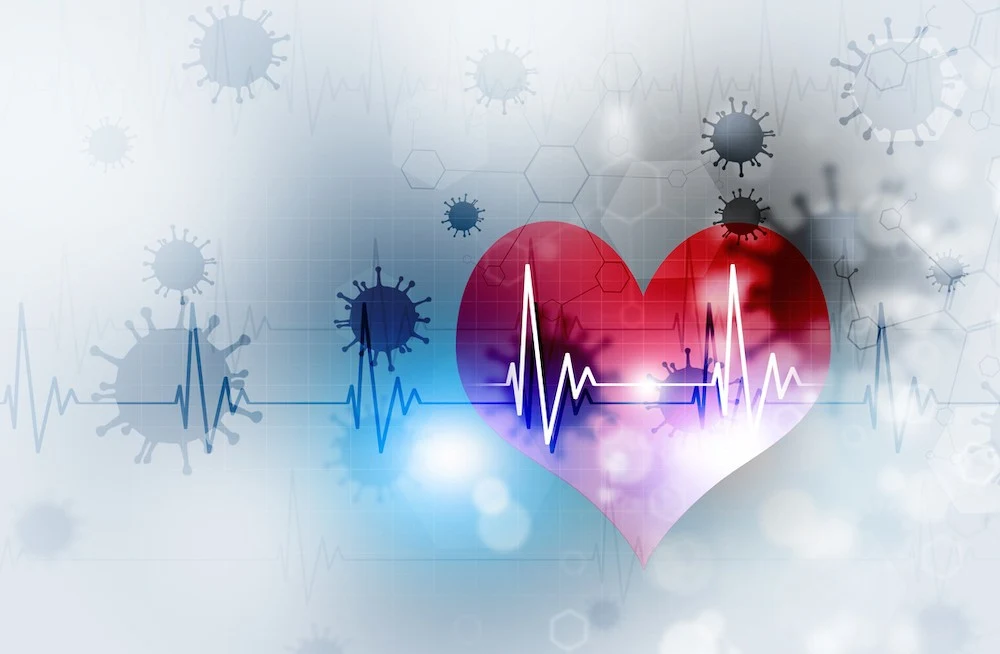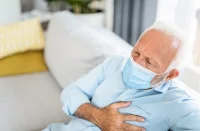A study conducted at the Federal University of São Carlos (UFSCar) in Brazil, with support from FAPESP, has found that individuals who have recovered from COVID-19—even mild cases—experience short- and medium-term cardiovascular imbalances, highlighting the need for rehabilitation.
Published in Scientific Reports, the study examined 130 volunteers and found that participants tested within six weeks of infection had a significant decrease in heart rate variability (HRV). While those tested between two and twelve months post-infection showed gradual improvements, their HRV levels remained below those of a control group who had never contracted SARS-CoV-2.
HRV is a key indicator of cardiovascular health, reflecting the heart’s ability to adapt to physiological demands. A lower HRV suggests poorer heart rate regulation and reduced resilience to both environmental (e.g., stress, fear) and physiological stressors (e.g., systemic inflammation, a hallmark of COVID-19).
Participants, with an average age of 40, included individuals with risk factors for cardiovascular disease such as high cholesterol, smoking, diabetes, obesity, and hypertension. The study suggests that COVID-19 may have exacerbated cardiovascular imbalances, potentially increasing the risk of future heart disease.
These findings reinforce the importance of rehabilitation programmes, even for individuals who had mild COVID-19 and were not hospitalised.
Previous research has demonstrated the virus’s impact on cardiac autonomic control. This study confirms this effect, showing that even young and middle-aged adults who had mild cases can experience disruptions in heart function.
Beyond reduced HRV, the researchers observed a disruption in the autonomic nervous system, with an overactive sympathetic nervous system and reduced parasympathetic activity. Healthy cardiovascular function depends on a balance between these two systems. The imbalance caused by COVID-19 suggests not only reduced autonomic regulation but also an increased risk of cardiovascular complications.
The findings indicate a possible transitional phase in autonomic recovery. While HRV improved over time, it did not return to pre-infection levels, particularly in those tested within six weeks of infection.
The study also found that dyspnoea was the most common symptom among participants with greater cardiac dysfunction. Other frequently reported symptoms among those recently infected included cough (47%), fatigue (50%), headache (56%), loss of taste (53%), anxiety (62%), and runny nose (50%). Additionally, 44% of this group was unvaccinated.
These findings suggest a prolonged recovery process for autonomic function after COVID-19, even in mild cases. Further research is needed to understand long-term cardiovascular risks and develop effective rehabilitation strategies.
Source: Fundação de Amparo à Pesquisa do Estado de São Paulo
Image Credit: iStock
References:
Santos-de-Araújo AD, Bassi-Dibai D, Marinho RS et al. (2024) Impact of COVID-19 on heart rate variability in post-COVID individuals compared to a control group. Sci Rep .14:31099.







